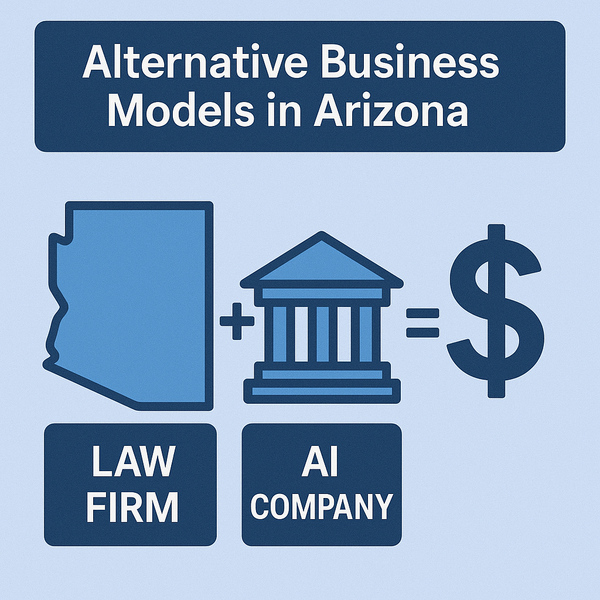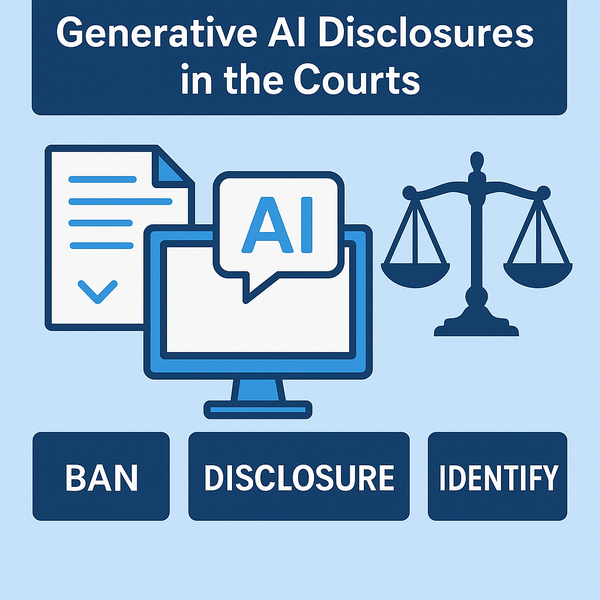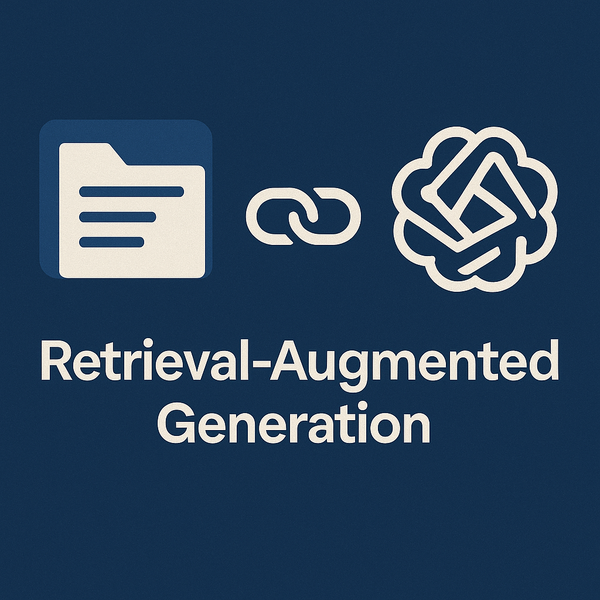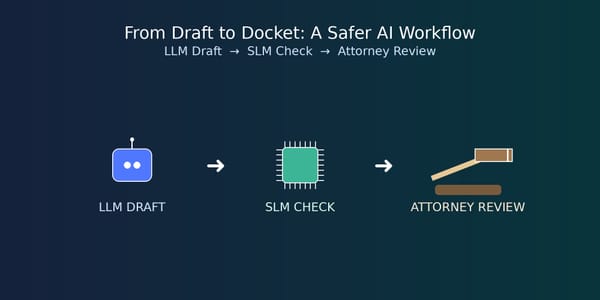AI and the Law: The Bull Case

How AI will improve everything in your law practice and it starts right now.
TL;DR
AI won’t replace your sound judgment, but it can make every attorney’s best day more common by shrinking admin time, sharpening research, speeding drafts, and elevating client service. Get ready to 10x your work in half the time.
How AI levels the playing field for smaller firms
Add capacity without headcount.
First-pass research, transcript and record summaries, chronology building, issue-spotting, and intakes can be automated or accelerated so a 5‑lawyer firm can outwork BigLaw.
Reusable playbooks.
The tools shine when you feed them your firm’s know‑how—brief templates, style guides, prior memos, older cases so all lawyers have the entire firm's experience at the ready.
24/7 triage.
Client intake, conflict pre‑screens, and matter‑opening checklists can run around the clock with AI agents. That’s responsiveness and rigor, even when you’re in court or the pickup line at school.
What it realistically does well
1) Administrative lift (the invisible 30–40%)
- Draft time entries from emails and documents.
- Turn calendar + docket events into preparation checklists.
- Summarize long email threads and route tasks to the right person.
- Generate first‑pass engagement letters and fee updates for review.
2) Better first passes on legal work
- Drafting: initial memos, deposition outlines, demand letters, case‑law matrices.
- Summarization: medical records, diligence docs, deposition transcripts.
- Reasoning aids: issue trees, contradiction lists, timeline extractions.
Controlled studies repeatedly show that assistive AI reduces time and improves quality on writing tasks, with especially large gains for earlier‑career professionals.
3) Research that starts faster and goes deeper
- Pull “what the record says” and “what the law says” into a single pane, with citations to both.
- Retrieve your prior work product alongside publicly available authorities.
- Generate questions you should be asking next (and where to look).
Treat case‑law answers as leads, not gospel: cross‑check in your authoritative database and your own citator before relying on any AI‑produced citation.
4) The “super‑lawyer” effect—without the myth
AI won’t invent strategy for you, but it makes iteration cheap: you can explore five alternative framings, three tone options, and two counter‑arguments in minutes—then choose the best one and refine with your judgment.
Start smart: a minimal stack that works
- Controlled workspace (enterprise/Team/API) with admin controls.
- Private retrieval over your own documents and playbooks.
- Template library (prompts + checklists) for your 10 most common tasks.
- QA gate (one reviewer, short checklist) before anything leaves the building.
- Lightweight logging (who, what, when, model).
Roll out to one practice area, measure time saved and defects avoided, then expand.
What it won’t do
- Replace the need to read the record. It speeds you through the volume, but you still need to comply with all ethical rules, including your state's version of Fed. R. Civ. P. 11.
- Make business decisions for clients; it clarifies options and trade‑offs, you advise.
- Replace your staff. AI will massively increase their efficiency and productivity, but it will not replace them.
Bottom line
AI is ready to transform your law practice. Start small, build the muscle, and keep the guardrails practical but enforceable.




